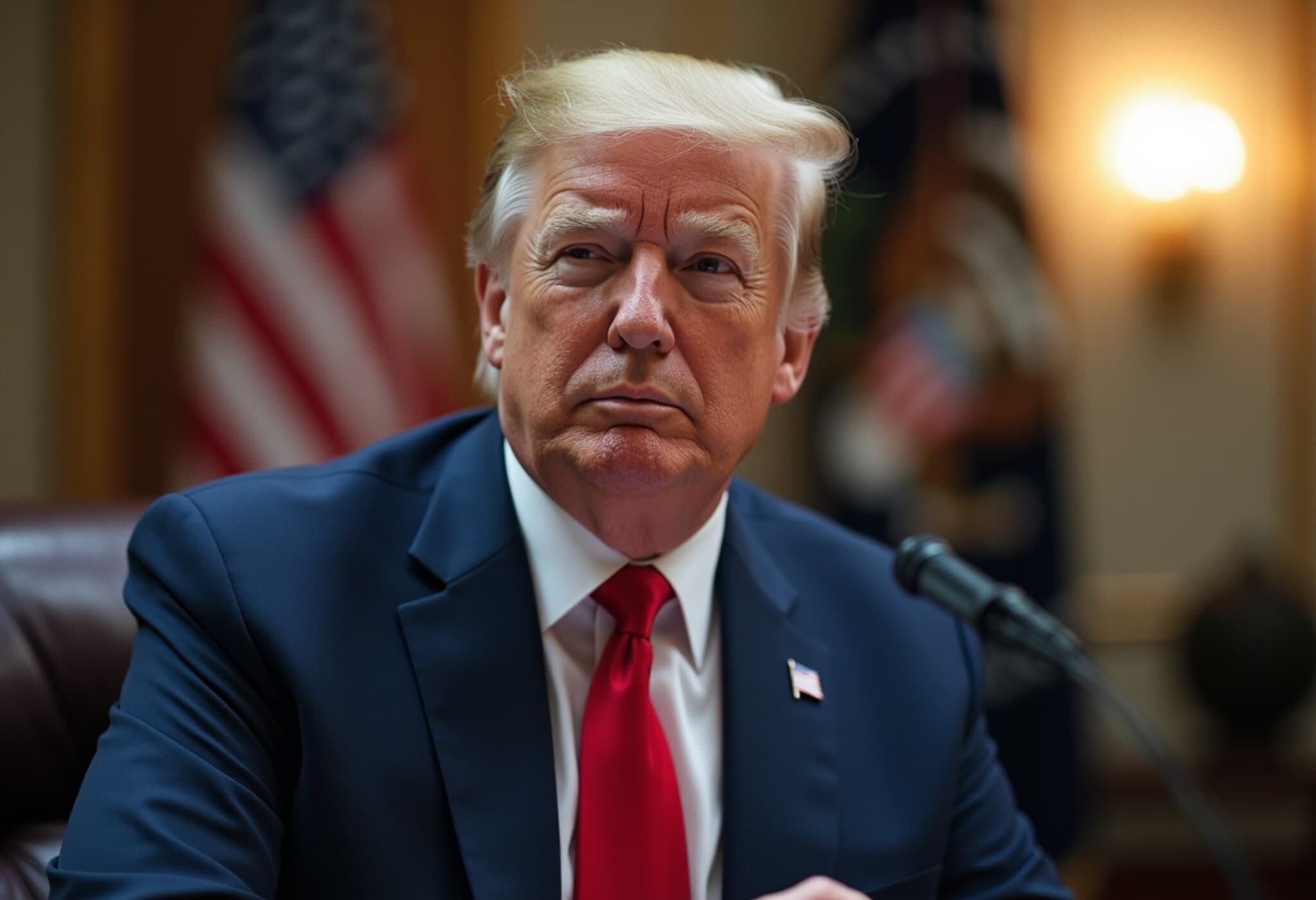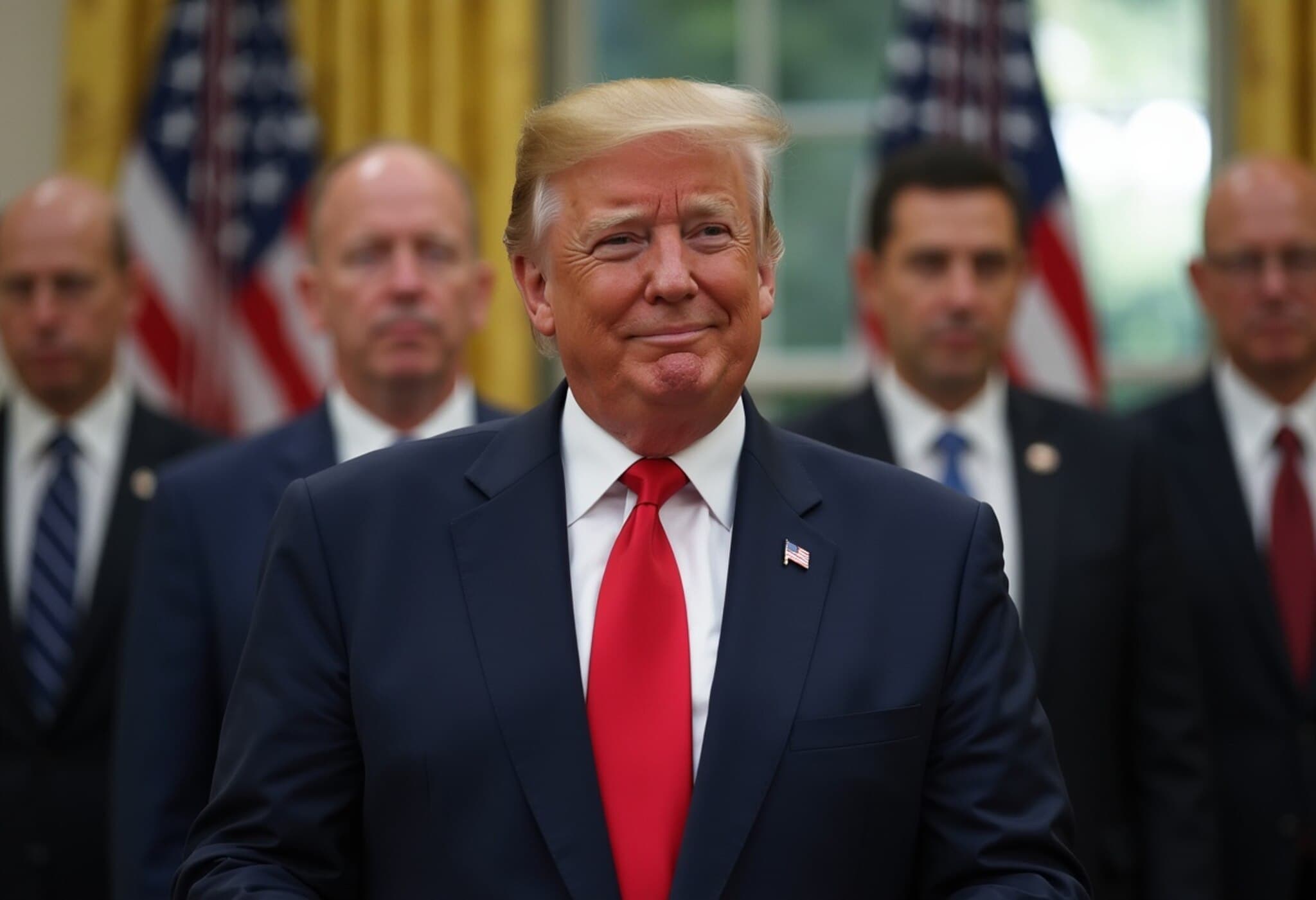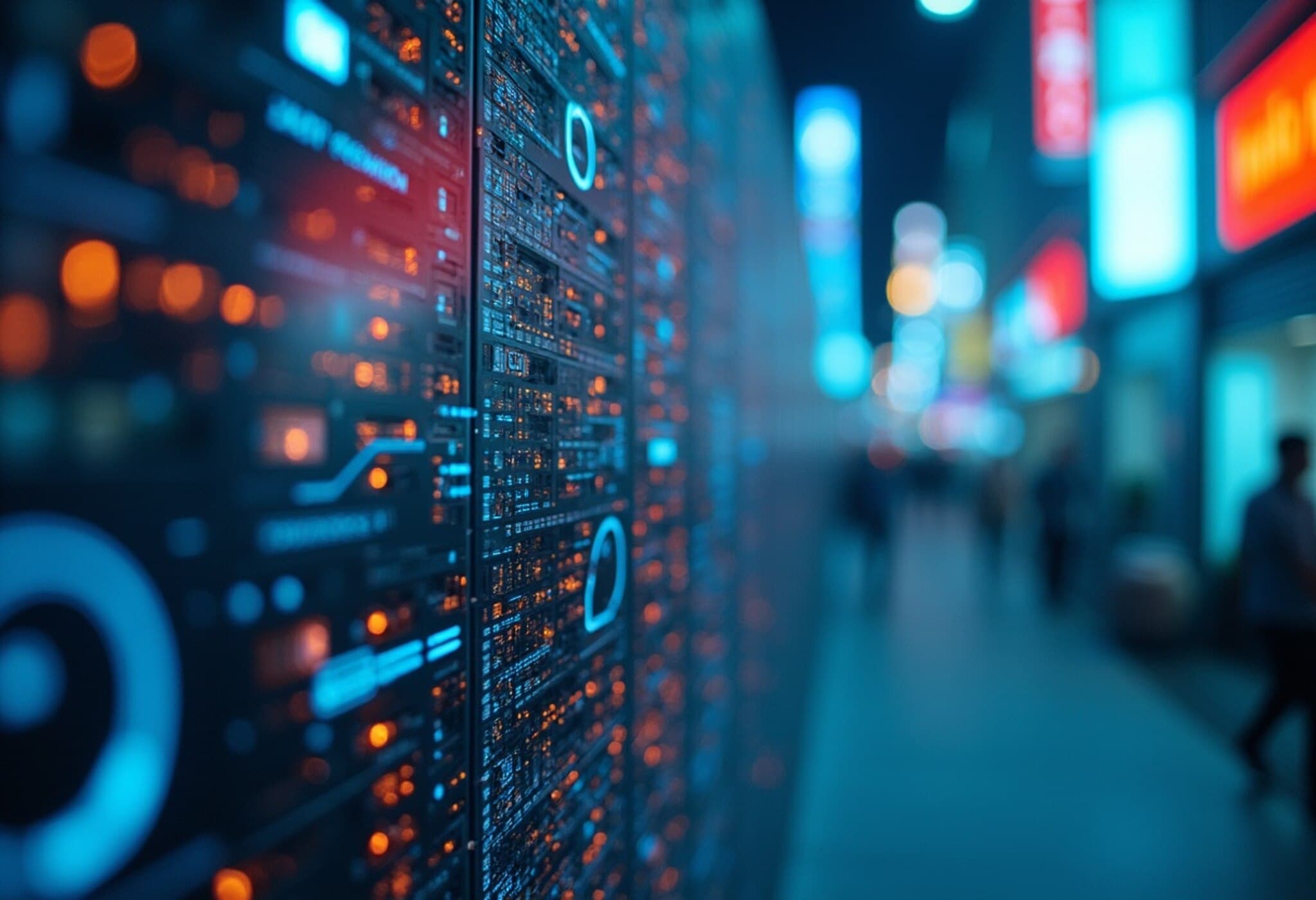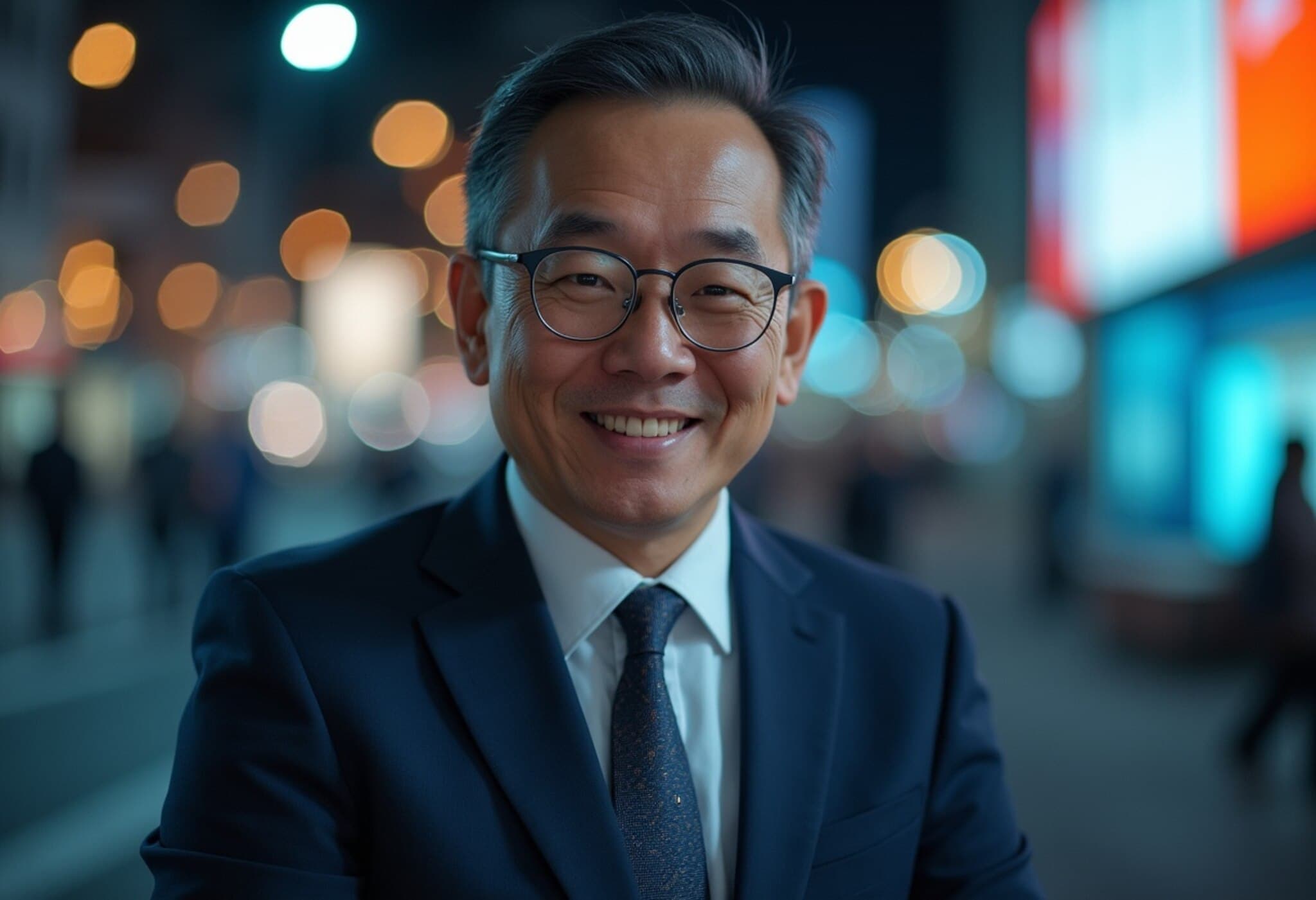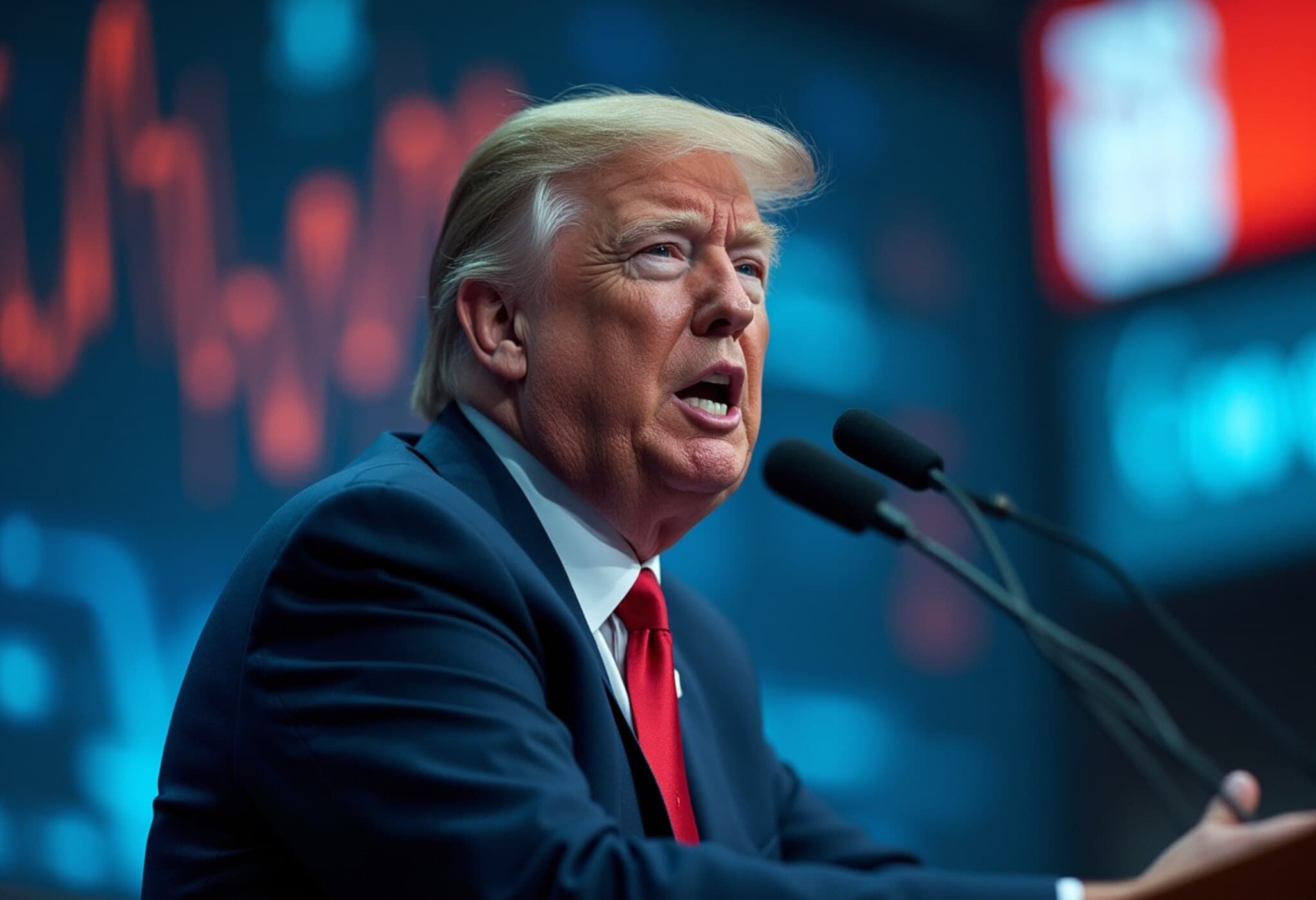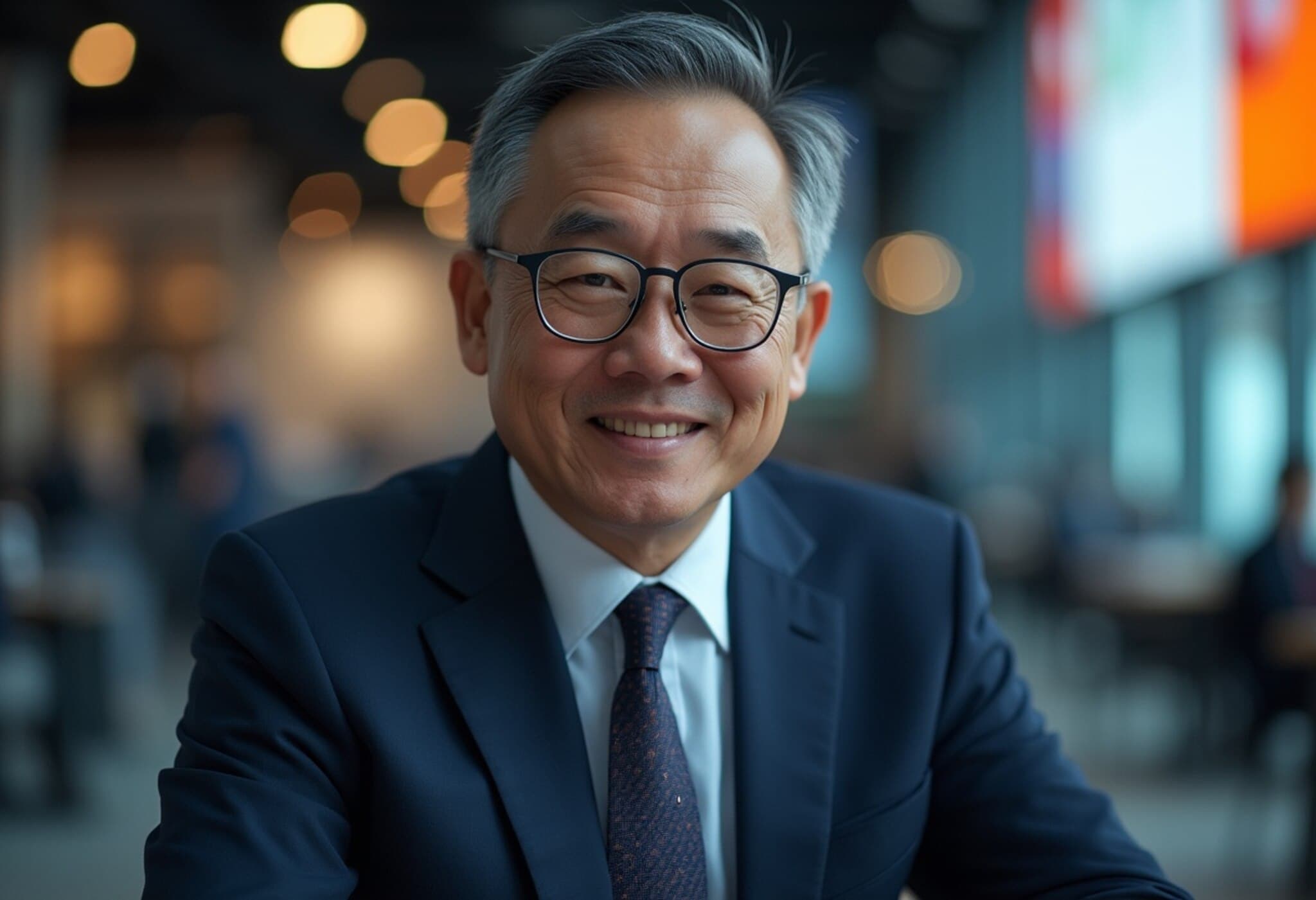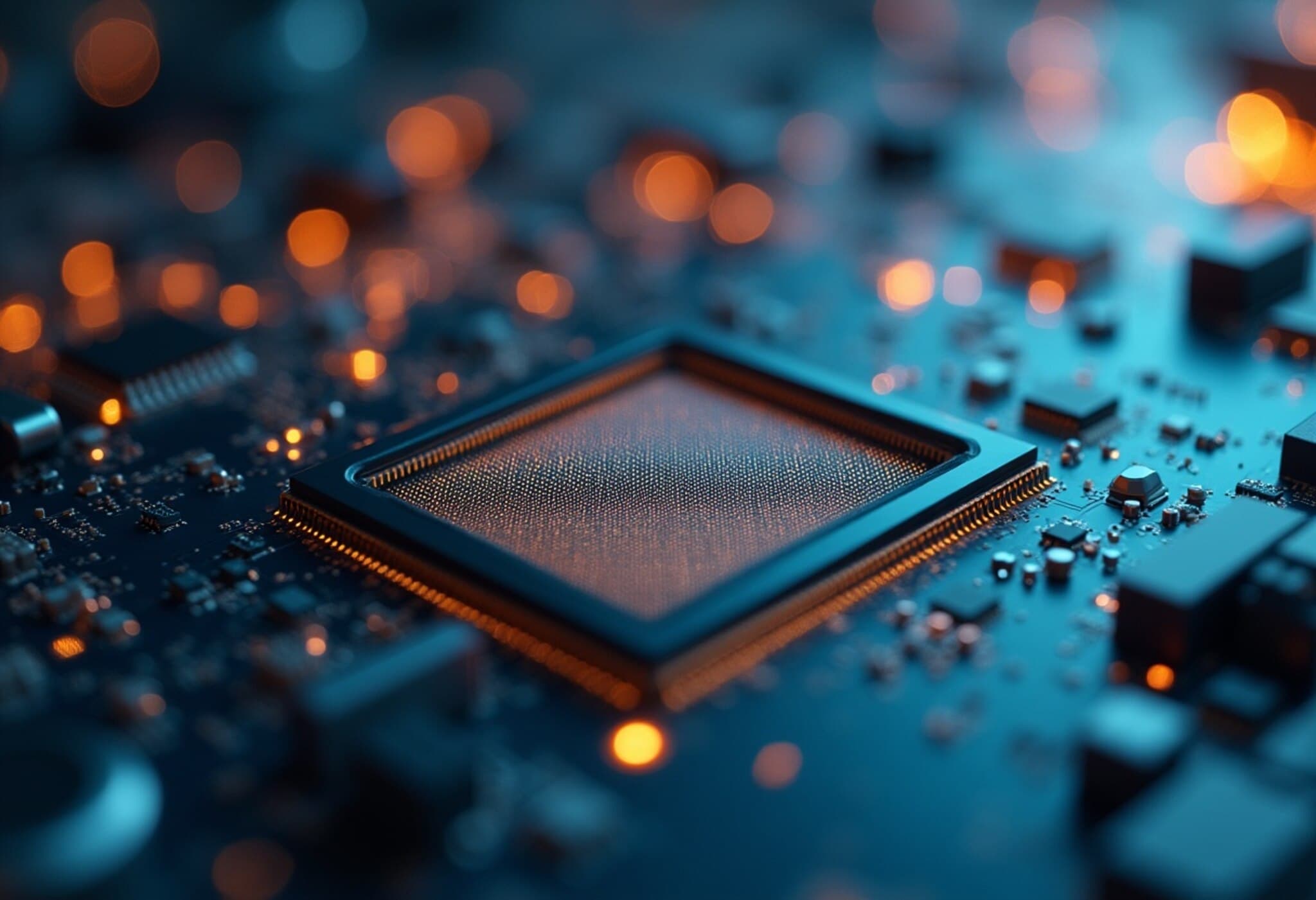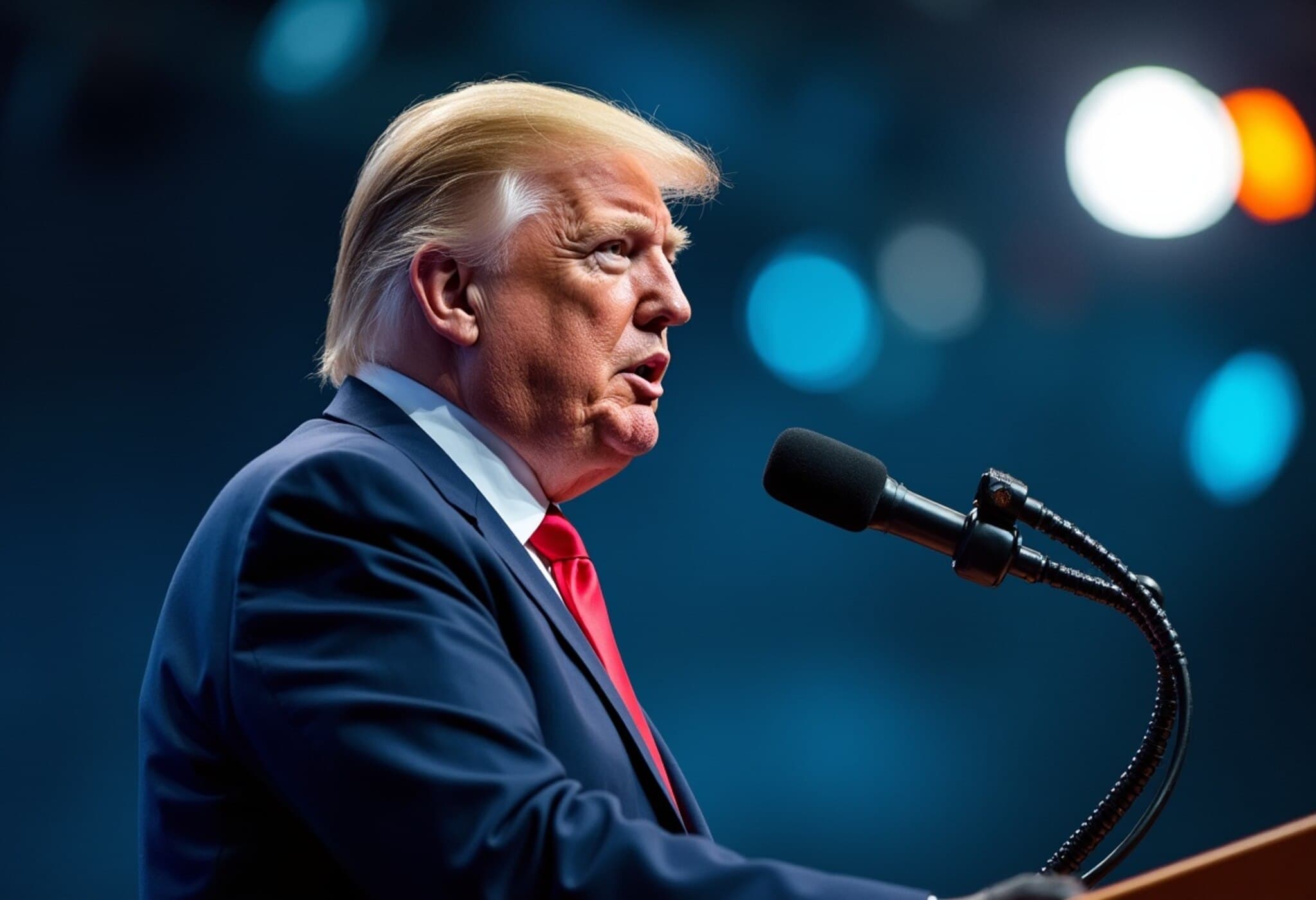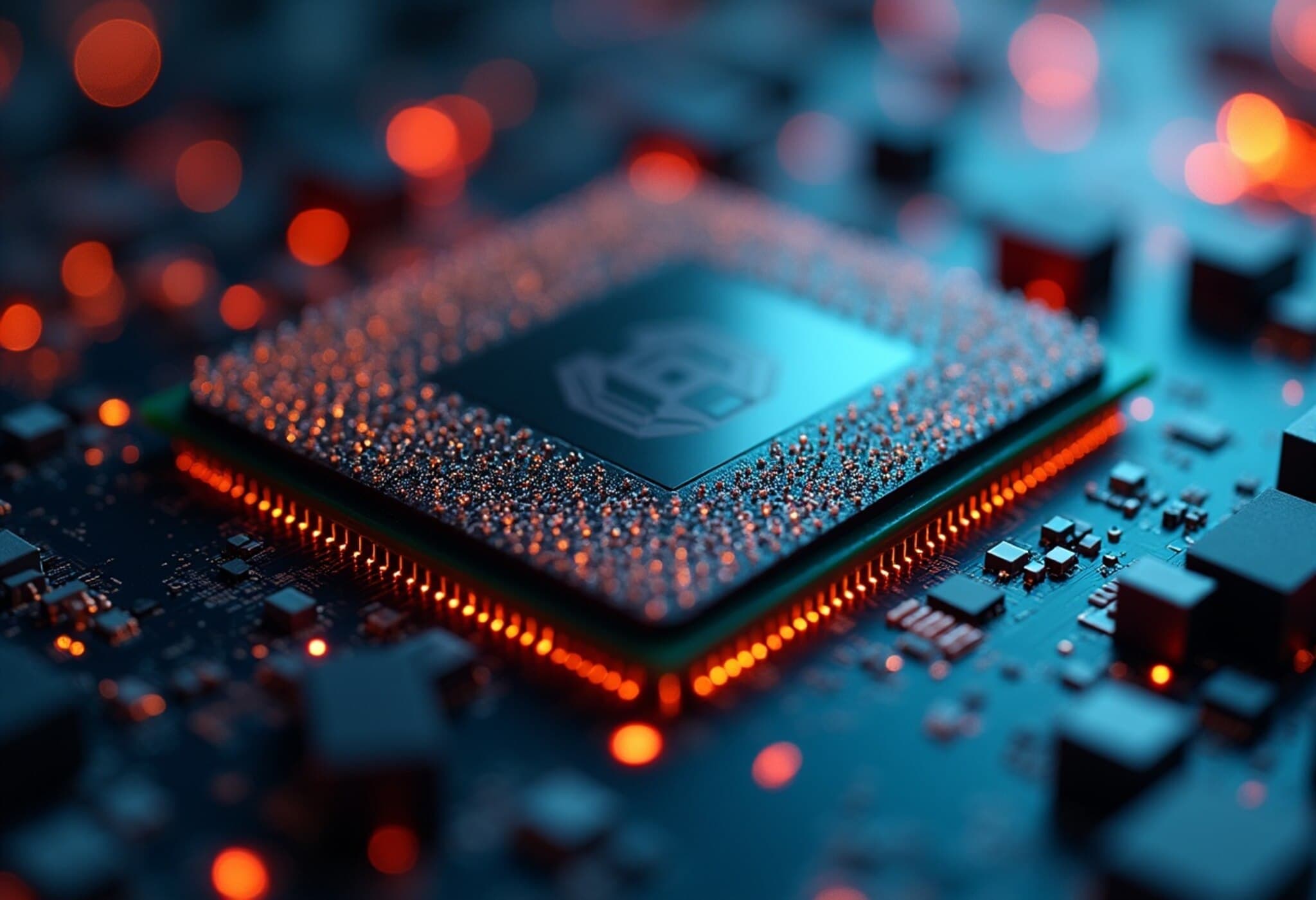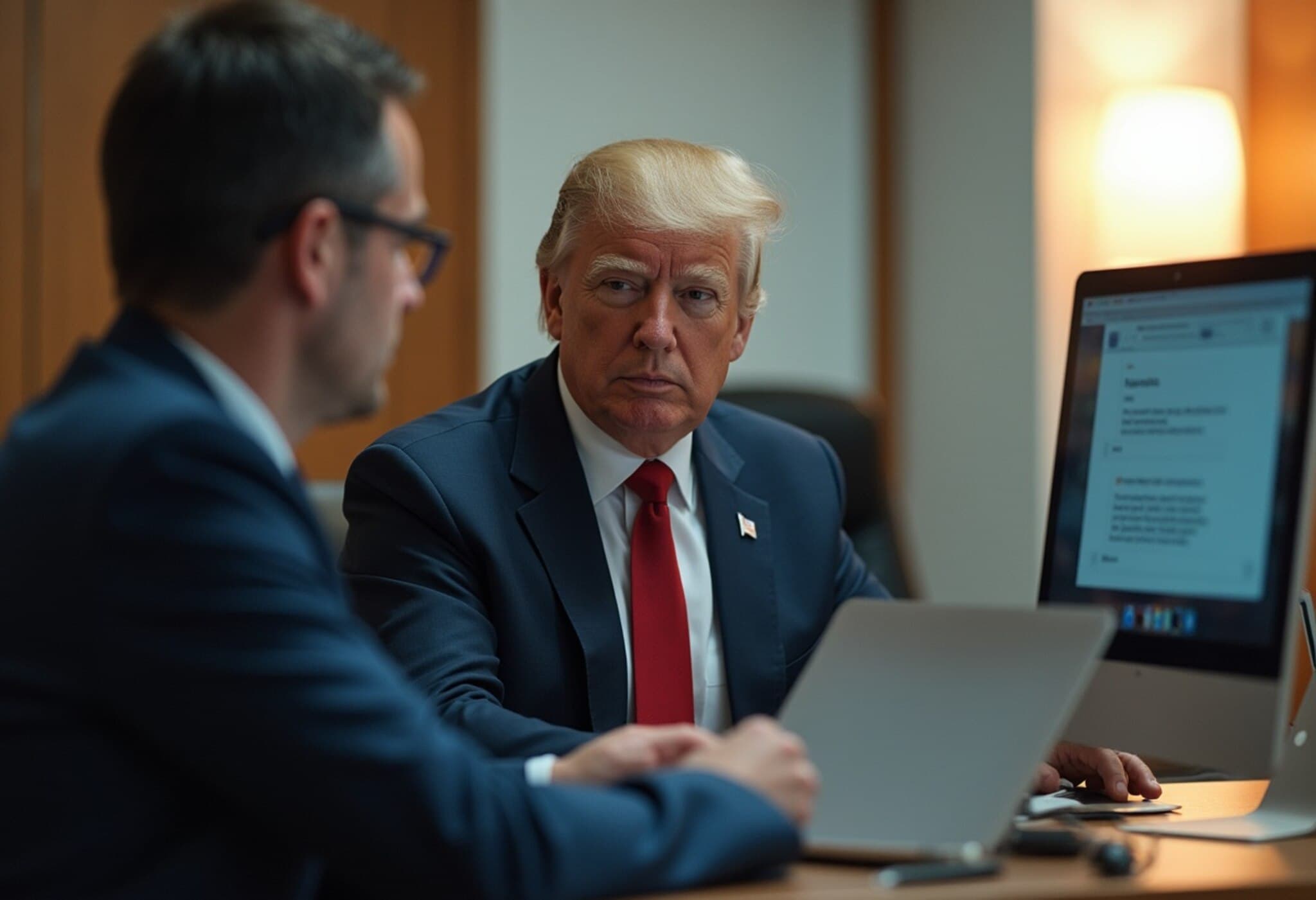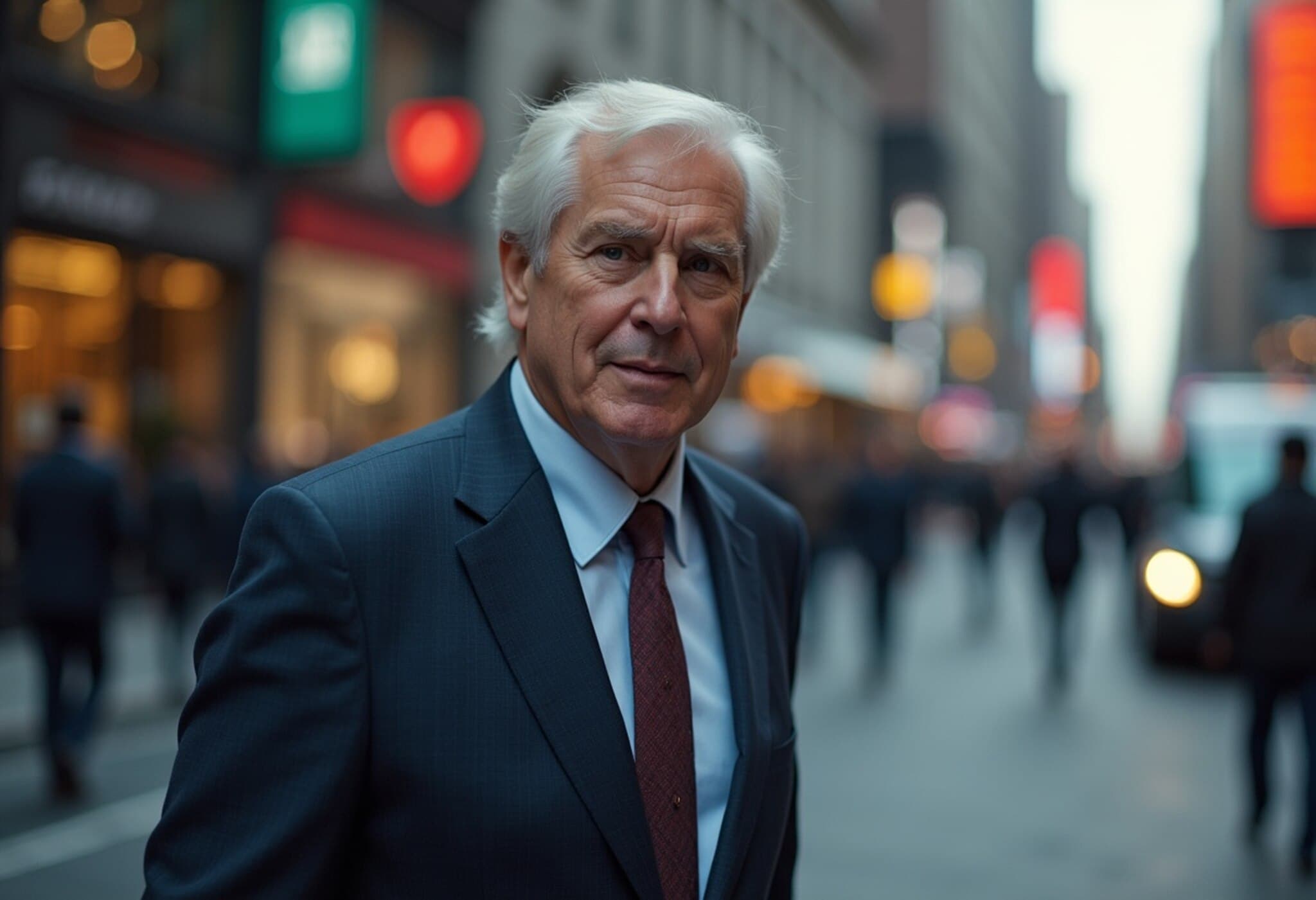Trump About-Face on Intel CEO Lip-Bu Tan Sparks Industry Interest
In a surprising turnaround, former President Donald Trump publicly praised Intel CEO Lip-Bu Tan after a meeting at the White House, just days following his calls for Tan's immediate resignation. This development underscores the intense and often volatile intersection of politics and technology leadership amid ongoing U.S.-China competition in the semiconductor sector.
From Calls for Resignation to Public Praise
On Monday, Trump took to his social media platform Truth Social to announce he met with Tan alongside key Cabinet members, including Secretary of Commerce Howard Lutnick and Treasury Secretary Scott Bessent. Trump described Tan's rise as "an amazing story" and indicated that Tan and his team would work directly with his cabinet to offer strategic suggestions in the coming week.
Only four days prior, Trump had sharply criticized Tan, declaring him "highly CONFLICTED" and demanding his immediate resignation. The prominent change in tone has prompted speculation about the factors influencing the former president’s pivot, especially given the politically charged atmosphere surrounding U.S. corporate leadership with ties to China.
Intel Responds: Commitment to U.S. Interests
An Intel spokesperson confirmed the meeting and emphasized the company's dedication to "strengthening U.S. technology and manufacturing leadership." Tan, who became Intel's CEO in March 2025 after succeeding Pat Gelsinger, has been navigating significant corporate shifts including layoffs and scaling back ambitious foundry expansion projects.
Political Scrutiny Amid Global Semiconductor Rivalry
The spotlight on Tan intensified after U.S. Senator Tom Cotton raised questions about Tan’s previous roles in companies linked to China’s government and military sectors. Cotton pressed Intel to clarify whether Tan divested from entities connected to the Chinese Communist Party or the People's Liberation Army, raising concerns about potential conflicts of interest in a sensitive geopolitical context.
This scrutiny is part of a broader U.S. strategy to maintain dominance in vital technologies like semiconductors and artificial intelligence, arenas where China is pursuing aggressive advancements.
Trump’s Broader Semiconductor Negotiations
In parallel, Trump revealed details of his discussions with Nvidia CEO Jensen Huang regarding chip sales to China, initially demanding a 20% levy on those sales. Huang successfully negotiated that down to 15% in exchange for export licenses, allowing Nvidia to resume certain sales to Chinese companies. This deal highlights the complex balancing act the U.S. government faces when managing technology trade controls while supporting domestic industry growth.
Leadership Challenges at Intel
Tan, 65, brings a diverse background to Intel’s leadership team. Born in Malaysia, raised in Singapore, and educated at MIT, he stepped into the CEO role during a tumultuous period. Intel has struggled to capture significant share in the AI semiconductor market, dominated by competitors like Nvidia, and is currently restructuring its manufacturing footprint after canceling plans in Germany and Poland and slowing Ohio developments.
In his first quarterly call as CEO, Tan acknowledged the uphill battle ahead, promising a turnaround but urging patience. Intel's shares have modestly increased by 3% year-to-date, trailing broader market gains, signaling cautious optimism among investors.
Looking Ahead: What This Means for U.S. Tech Policy
The episode with Trump and Tan highlights the intricate blend of national security, economic policy, and corporate governance in today’s global technology landscape. As Washington continues to ramp up pressure on companies tied to China, balancing commercial interests with geopolitical priorities remains challenging.
For Intel, ongoing realignment under Tan’s leadership amid government scrutiny could impact its competitiveness, innovation trajectory, and investor confidence.
Key Questions Unanswered
- Will Intel fully disclose any remaining financial or advisory ties Tan may have with entities linked to China?
- How will U.S. policymakers reconcile the need for open markets with national security concerns around semiconductor technology?
- What implications does this leadership turmoil have for the broader U.S. semiconductor industry striving to reclaim global dominance?

